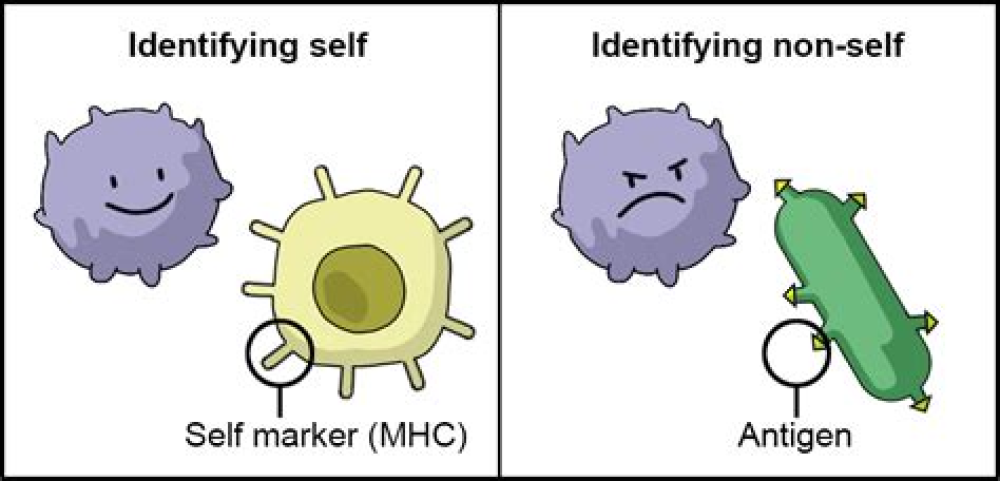Authors: Fan Zhang, Rui Gan, Ziqi Zhen, Xiaoli Hu, Xiang Li, Fengxia Zhou, Ying Liu, Chuangeng Chen, Shuangyu Xie, Bailing Zhang, Xiaoke Wu & Zhiwei Huang Signal Transduction and Targeted Therapy volume 5, Article number: 156 (2020)
Abstract
The global Coronavirus disease 2019 (COVID-19) pandemic caused by SARS-CoV-2 has affected more than eight million people. There is an urgent need to investigate how the adaptive immunity is established in COVID-19 patients. In this study, we profiled adaptive immune cells of PBMCs from recovered COVID-19 patients with varying disease severity using single-cell RNA and TCR/BCR V(D)J sequencing. The sequencing data revealed SARS-CoV-2-specific shuffling of adaptive immune repertories and COVID-19-induced remodeling of peripheral lymphocytes. Characterization of variations in the peripheral T and B cells from the COVID-19 patients revealed a positive correlation of humoral immune response and T-cell immune memory with disease severity. Sequencing and functional data revealed SARS-CoV-2-specific T-cell immune memory in the convalescent COVID-19 patients. Furthermore, we also identified novel antigens that are responsive in the convalescent patients. Altogether, our study reveals adaptive immune repertories underlying pathogenesis and recovery in severe versus mild COVID-19 patients, providing valuable information for potential vaccine and therapeutic development against SARS-CoV-2 infection.
Introduction
Coronavirus disease 2019 (COVID-19) caused by severe acute respiratory syndrome coronavirus 2 (SARS-CoV-2) has raised a global health emergency. Worldwide studies have contributed to the characterization, diagnosis, and treatment of the disease.1,2,3,4 However, the pathogenesis of SARS-CoV-2 infection in humans remains unclear. Previous studies on severe acute respiratory syndrome (SARS),5 Middle East respiratory syndrome,6 and influenza7 demonstrated that immune changes, especially those in peripheral blood lymphocyte subsets, play a critical role in defense against coronavirus infections. Consistently, several studies of COVID-19 patients showed that both humoral and cellular immunity are involved in the pathogenesis of COVID-19.8,9,10 Although most COVID-19 patients presented mild-to-moderate symptoms, some infected individuals did develop severe or critical outcomes. However, the immunological features associated with the disease severity remains largely unknown. In addition, earlier studies on the recovery of SARS patients have shown that complete restoration of peripheral lymphocyte may require a longer period.11 Thus, studies of the immune system of convalescent COVID-19 patients will facilitate understanding of their recovery state and establish the relationship between adaptive immune responses and disease severity if it exists.
For More Information: https://www.nature.com/articles/s41392-020-00263-y
